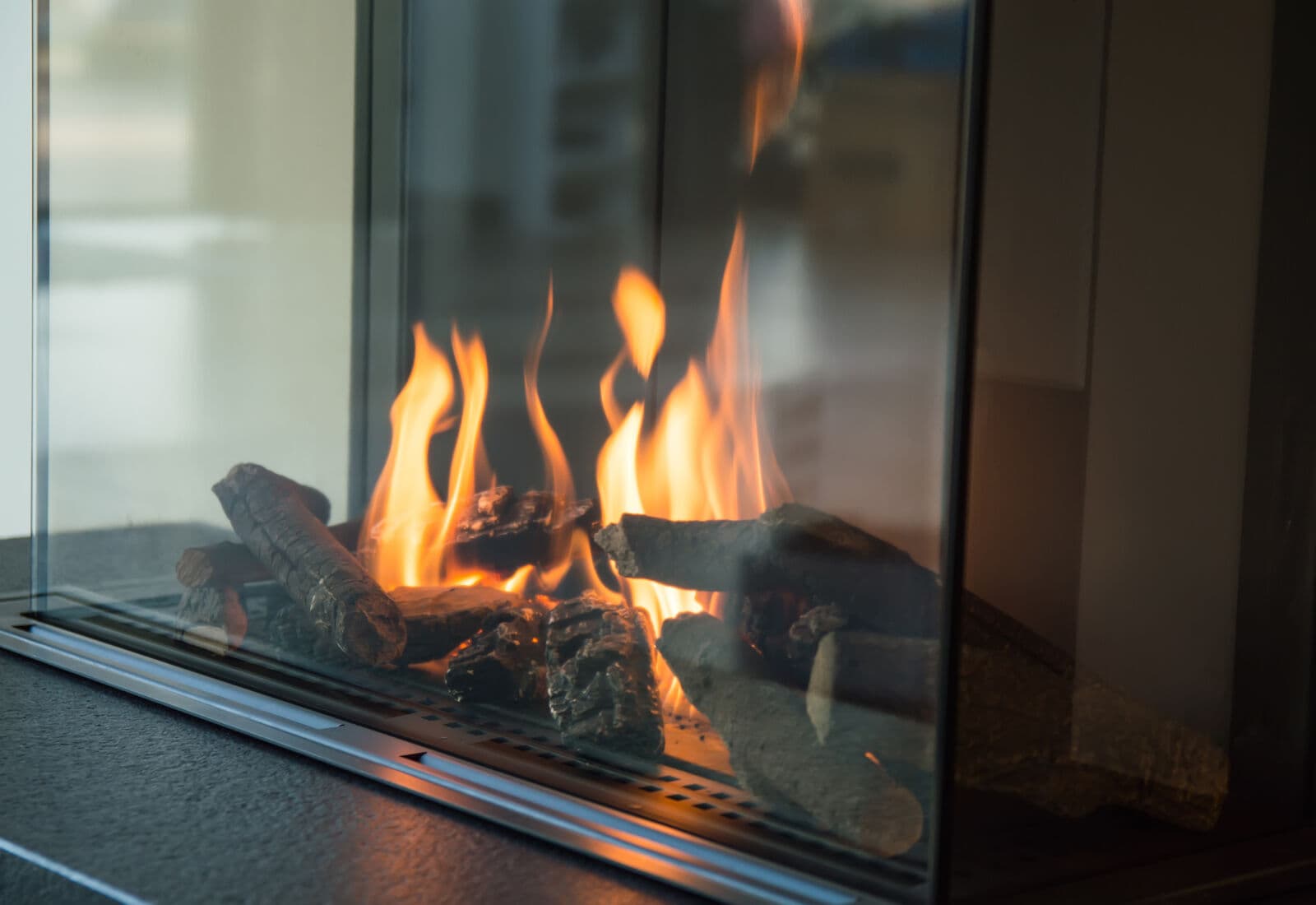Gas
Annual State of Safety 2022
State of Safety: Gas
We oversee industrial and commercial use of natural gas, propane, biogas, digester gas, manufactured gas, liquified petroleum gas, landfill gas and hydrogen throughout BC in accordance with the Safety Standards Act and the Gas Safety Regulation.
65
Incidents reported to us in 2022
13,611
Assessments completed in 2022
30
Injuries reported to us in 2022
Propane Tank Used Indoors Led to Loss of Home
As temperatures dipped to lows of –37 degrees Celsius on January 6, 2022, an occupant in Charlie Lake decided to move two 100-pound propane cylinders into their home to operate an infrared heater. The infrared heater was mounted to the propane cylinder and was not designed to be used indoors.
Later, as the occupant switched the infrared heater from one propane cylinder to the other, a leak occurred when the service valve was opened. The leaking propane vapour mixed with air contained inside the building and contacted a source of ignition, causing an explosion and fire.
The occupant was blown out of the building and regained consciousness on the ground outside of the residence. The occupant suffered second degree burns to the face, arms, hands, and upper torso.
Additional propane tanks and cylinders were damaged by flying debris and heat from the fire. The building was destroyed by the fire, and vehicles parked nearby also sustained fire damage.
Our safety officers see their share of hazards in the winter, often investigating incidents that could have been prevented. Many appliances, such as propane cylinders with mounted infrared heaters are not meant for use indoors.

Gas Safety Regulation Amendments
To improve the safety of gas technical equipment across the province, changes to the BC gas installation codes have been adopted into the Gas Safety Regulation. These changes came into effect on October 1, 2022.
Work performed under permits taken out from October 1, 2022 onward require compliance with the new editions of codes adopted under M 191 Appendix 1.
Incidents
In 2022, the number of gas incidents reported to us decreased by four (3%) compared with 2021.
We continue to see incidents where buried gas lines are damaged by homeowners or contractors who are excavating or digging, despite having checked for gas lines with BC1Call before digging. For example, in Fernie, BC, an excavator installing a water line struck an exposed gas line, causing a house explosion and two injuries. Escaping gas from the damaged gas line migrated into a home through building openings and contacted a source of ignition, resulting in a large explosion and subsequent fire.
Gas Incidents by Year (2018 - 2022)
Proper Precautions are Required
Exposed gas lines are vulnerable to mechanical damage and present an increased risk of a gas leak or explosion from getting hit if proper precautions are not taken regarding containment and ignition risks. Read more.
Note: The category “under assessment” refers to incidents reported to Technical Safety BC that were still under investigation at year-end.
Injuries
In 2022, injuries reported to us decreased by 16 (21%) compared to 2021. The injuries were mostly caused by gas-related fires, and explosions, or carbon monoxide exposure.
Please note that we receive injury reporting and descriptions from operators or first responders at the time of, or immediately following, the incident. Injuries may develop after the initial reports were made to us and the long-term effects of a resultant injury may not be recorded as part of our investigation.
Gas Injuries by Year (2018 - 2022)
Permits
In 2022, there were a total of 62,943 gas permits issued, with 61,351 being installation permits and 1,592 being operating permits.
The number of installation permits decreased by 8,227 or 12% from 2021. This decrease may have been due to an overall decline in building permits across BC as construction and renovation slowed down. Supply chain issues, a changing housing market, and rising costs may have also contributed to the difference in installation permits.
The number of operating permits remained similar between the two years, with 1,578 operating permits in 2021.
Gas Operating Permits and Installation Permits by Year
(2018-2022)
Assessments
Our safety officers completed 13,611 assessments of gas equipment in 2022. Of this total, 5,925 were in-person inspections and 7,683 were remote inspections. Compared to 2021, the in-person inspections increased by 39% and remote inspections increased by 3%. This increase was seen as post-pandemic restrictions were lifted and assessments continued more freely.
The results of in-person assessments included: 3,856 ranked as "pass" and 2,069 ranked as "failed." The results of remote assessments included: 6,783 ranked as "pass" and 900 ranked as "failed."
Assessments are rated as follows:
Pass
The safety officer has assessed that the regulated work and/or regulated product was found to comply with the Safety Standards Act, regulations and/or applicable technical code(s).
Fail
The safety officer has assessed that the regulated work and/or regulated product was found to NOT comply with the Safety Standards Act, regulations and/or applicable technical code(s). Further regulated work on the affected system or phase of work, and/or operation of the regulated equipment must not be undertaken until the identified non-compliances have been corrected.
Note: Unlike some other technologies we regulate, gas does not have a Conditional Pass category.